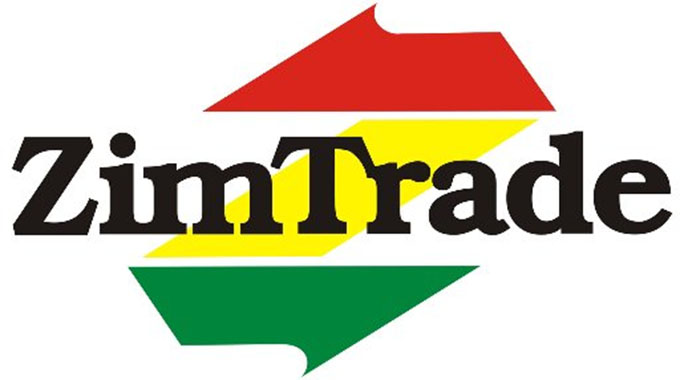ZimTrade calls for strategic pricing to stimulate exports
Trade development and promotion body, ZimTrade, has implored local exporters to devise strategic pricing for their goods so as to stimulate volumes uptake in foreign markets.
In face of the fast-approaching implementation of the Africa Continental Free Trade Area (AfCTA), local companies should consider devising market-oriented pricing to ensure easy uptake of local products in foreign markets.
According to ZimTrade some of the prices obtaining on the international marketplace are influenced by several factors, some of which the exporter has little control over, encompassing exchange rates, inflation, tariffs and taxes.
Demand and supply, cost of product manufacturing, competition situations, and brand image are some of the key factors affecting product pricing in varied markets.
Some of the price influencers include price controls in the intended market and the size or volume of the order.
According to ZimTrade exporters should not blindly export into foreign markets without adequate price appraisals of the intended market, a factor that is mainly determined by product demand and supply.
Strategic pricing (fair pricing) will give local products leverage over products from other parts of the world thus enhancing the country’s foreign currency earnings.
“…it is important to acknowledge that pricing is one of the most important decisions, which is faced by the exporter. Foreign markets are highly competitive and prices for each product should be worked out in relation to conditions prevailing in each market.
Unlike pricing for the domestic market, pricing for the export market involves consideration of a variety of costs and factors,” said ZimTrade.
The national trade development and promotion body has been implementing export promotion programmes in non-traditional markets over the past few months, in line with the National Export Strategy, launched by President Mnangagwa in 2019.
An initiative that has seen Zimbabwean exporters establish strong links with potential buyers.
Some of these programmes include the recently concluded Outward Seller Mission to Kinshasa, held as a follow-up programme to other Outward Seller Mission to Lubumbashi held in May this year.
Although it is estimated that AfCTA has the potential to boost intra African trade by 52,3 percent by eliminating import duties and to double if non-tariff barriers are reduced, the arrangement carries a real threat to lesser industrialised countries that have limited capacity (technology) to produce low-priced goods.
Industrialised African countries are well placed to take advantage of the opportunities (provided by AfCTA) for manufactured goods while less industrialised countries are earmarked to benefit from linking into regional value chains.-eBusiness Weekly








